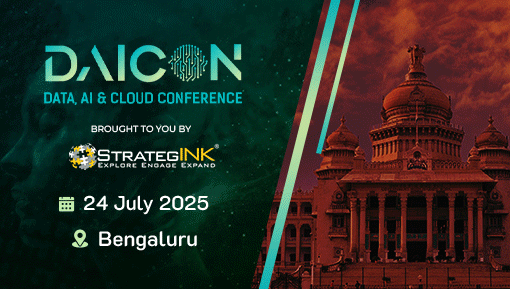
Strategic Relevance
The Chief Information Security Officer (CISO) today occupies a vital place in the boardroom because of the colossal importance assigned to information and its security. The role has an immense amount of responsibility because securing information is key for sustenance of contemporary organizations. Today cyber security is important for every organization.
Some of the key highlights specific to the insurance sector can be attributed to:
- The insurance industry deals with sensitive data. Insurance companies collect and store a vast amount of sensitive data about their customers, including personal information, financial information, and medical records. This data needs to be protected
- The insurance industry is becoming digitalized, which means that more and more of its operations are being conducted online. Hence increasing the complexity of the technology landscape
- Insurance is a regulated industry and compliance with regulatory requirements is a necessity.
Challenges & Opportunities
We are witnessing an explosion of technology that is rapidly changing and challenging the old ways of computing. Technology, today, is no longer a support function. Modern organizations are working tirelessly to convert themselves into tech-led organizations.
Some of the key challenges faced by the CISO today include the following:
- The technology landscape has expanded vastly and with introduction of Hybrid work which redefines the concept of perimeter, cloud adoption, skills shortage, and increasing cyber concerns. This definitely looks like a boiling pot and the industry is trying to cope with all of these regardless of their scale
- CISOs of organizations today face a high volume of security alerts generated by various tools and systems resulting in alert fatigue. According to the Ponemon Institute study, 52% of IT and security professionals reported receiving more than 10,000 alerts per day. To address this CISOs are implementing solutions such as Security Orchestration, Automation and Response (SOAR) to streamline and automate the alert triage process and reduce false positives
- Managing Third Party Risk – the complexity of vendor relationships often leads to a lack of visibility into the security practices and vulnerabilities of third party vendors. Cybercriminals today often target less secure third-party vendors to gain unauthorized access to networks and data. Hence implementation of robust Third Party Vendor Risk Management Program (TRPM Program) is recommended. Apart from the above periodic audits, penetration testing and continuous monitoring of vendor activities can help organizations.
Future Trends
Today we are witnessing digital explosion with never-seen-before digital transformation fuelling business to the world.
Some of the trends for 2023 and beyond would be the following:
- Privacy rights: more governments will introduce privacy laws to protect their citizens’ data
- Increased use of Artificial Intelligence (AI) and Machine Learning (ML) to automate security tasks, detect threats and reduce the time to respond to these incidents
- Organizations will continue to improve their cloud security hence we will see increased adoption of Cloud-Native Application Protection Platform(CNAPP)
- Identity and Access Management will evolve and this coupled with Zero Trust Architecture will enable organizations to expand their digital presence in a secured manner
Key Takeaways
In today’s hyper-connected world, the importance of cyber security for organizations cannot be overstated. It’s not just about protecting sensitive data; it’s about safeguarding the very existence of the organization itself. In a world where a single breach can spell doom, organizations must invest in the battle-readiness of their security teams. It’s about more than just technology; it’s about the people who stand on the front lines, ready to face the unknown, and protect what matters most. Remember, in the world of cyber security, there are no second chances. The time to act is now, for the battle is already underway, and the stakes have never been higher.
Please note: The views expressed in the above article are personal and not necessarily view of the organization.






